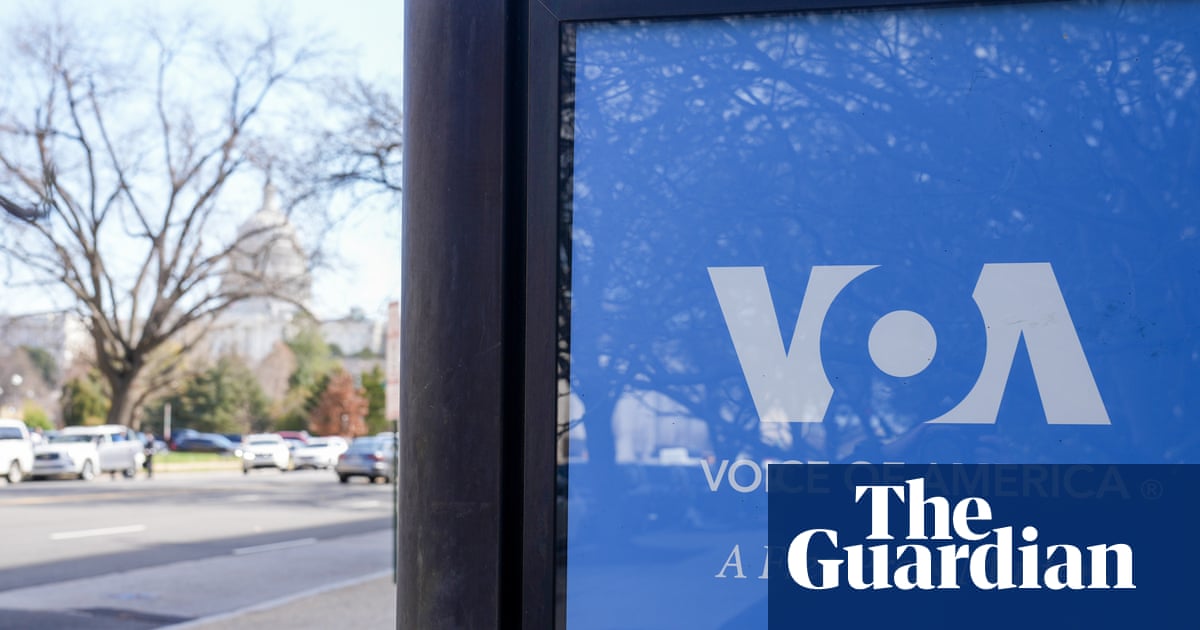Jose Manuel Mojica, a 30-year-old from Los Angeles, recently found himself at the center of a growing controversy. He attended a protest against immigration raids in his predominantly Latino neighborhood, where tensions ran high as federal agents targeted local workers.
Mojica joined the march after hearing about Immigration and Customs Enforcement (ICE) operations instilling fear in his community. He recalled a day full of anxiety when he tried to calm escalating confrontations between protesters and law enforcement. He ended up on the ground, suffering injuries from a chokehold applied by an officer. "We are not the violent ones," he stated, showing visible bruises from the altercation.
Mojica wasn’t alone; he was one of nine protesters arrested, all facing serious federal charges. The U.S. attorney’s office had also charged additional individuals who allegedly threw projectiles at officers, raising concerns about the heavier repercussions protesters are facing during these times.
In California, where local and state political leaders have contested the federal government’s aggressive approach—particularly during Trump’s administration—Mojica’s case highlights the increasing tensions surrounding immigration policy. The state has fought against what it sees as unlawful militarization.
Defense attorneys argue some of these charges infringe on free speech and mischaracterize the events that transpired. Meghan Blanco, Mojica’s attorney, pointed out, “They were met with physical assault by agents.” This sentiment resonates with civil rights advocates who feel the heavy-handed approach to crowd control is unjustifiable.
Mojica’s motivation to protest stems from personal experience; his father was deported in 2019. Since then, the atmosphere has shifted dramatically, with reports of families being targeted at workplaces, grocery stores, and in public spaces. "People aren’t able to go to work or even get groceries," he lamented, highlighting how the fear of deportation has gripped the community.
The protests began after ICE’s operation at a garment factory. Many community members came out to express their concerns over potential indiscriminate actions. Amidst the chaos, Mojica felt compelled to step up and protect others. Unfortunately, he found himself caught in a confrontation instead.
Data on recent protests show a surge in civil unrest regarding immigration enforcement—242 protests occurred over the last few months nationwide, with many echoing concerns of racial profiling and excessive force. The public outcry is visible on social media as users rally support and share personal stories of those affected by immigration policies.
Mojica’s plight didn’t end after his release. Facing potential imprisonment and emotional trauma, he now navigates life under strict bail conditions. He spoke candidly about the anxiety he feels walking the streets. "I feel like I’m not free," he reflected, and the memories of the protest linger.
As these events unfold, they raise questions about the balance of power between federal authorities and communities, particularly in places like Los Angeles where immigration tension runs high. It’s a pressing issue that continues to demand attention from both advocates and policymakers.
For those wanting more context on the implications of recent protests, the ACLU has detailed various cases reflecting similar issues in the immigration debate (ACLU Report ). In this evolving landscape, the experiences of individuals like Mojica may compel change and ignite further dialogue about the future of immigration policy in America.








:max_bytes(150000):strip_icc():focal(829x281:831x283)/Justin-Bieber-072824-tout-877ddfd1637049f0a7a4cb6bcd1cfce3.jpg?w=480&resize=480,480&ssl=1)












